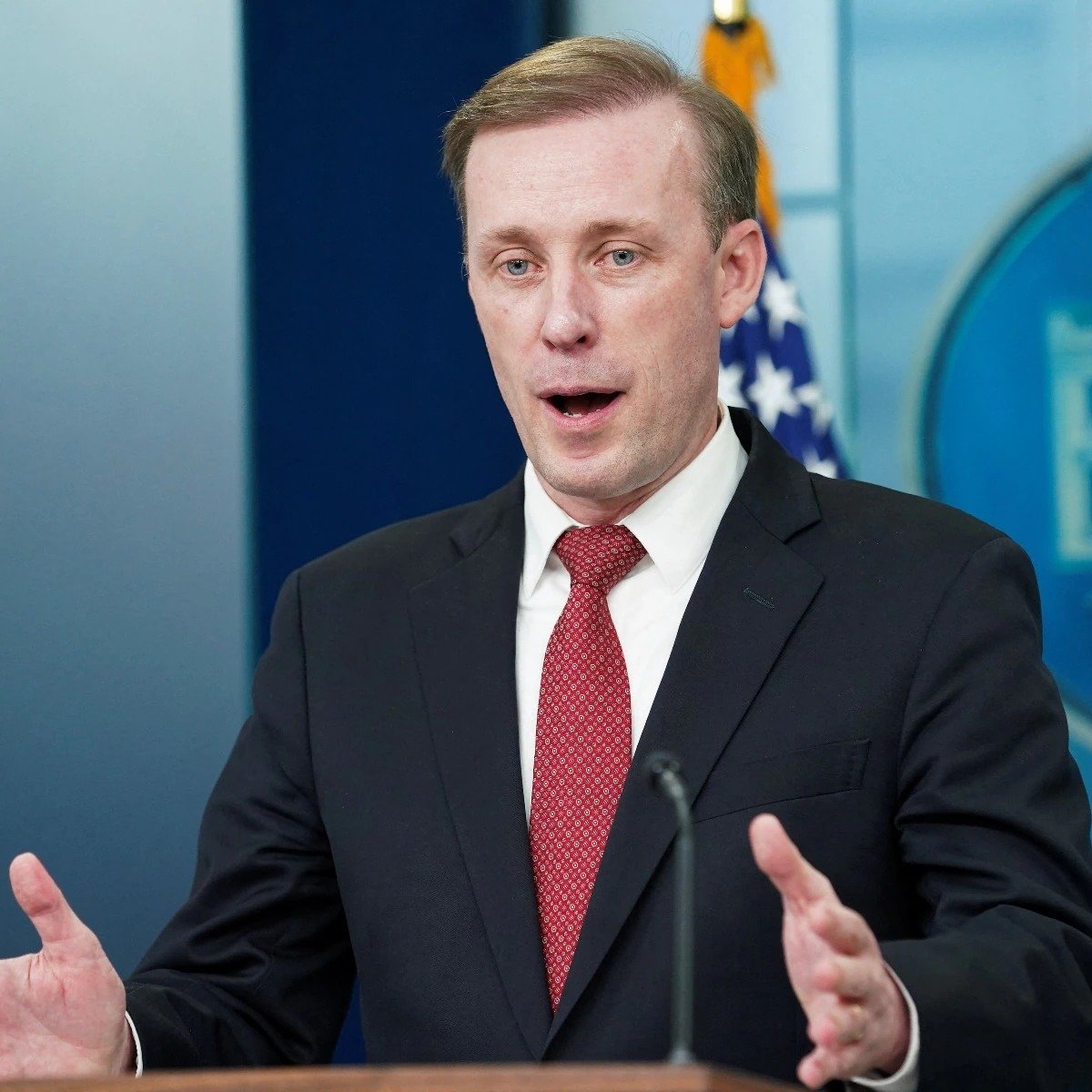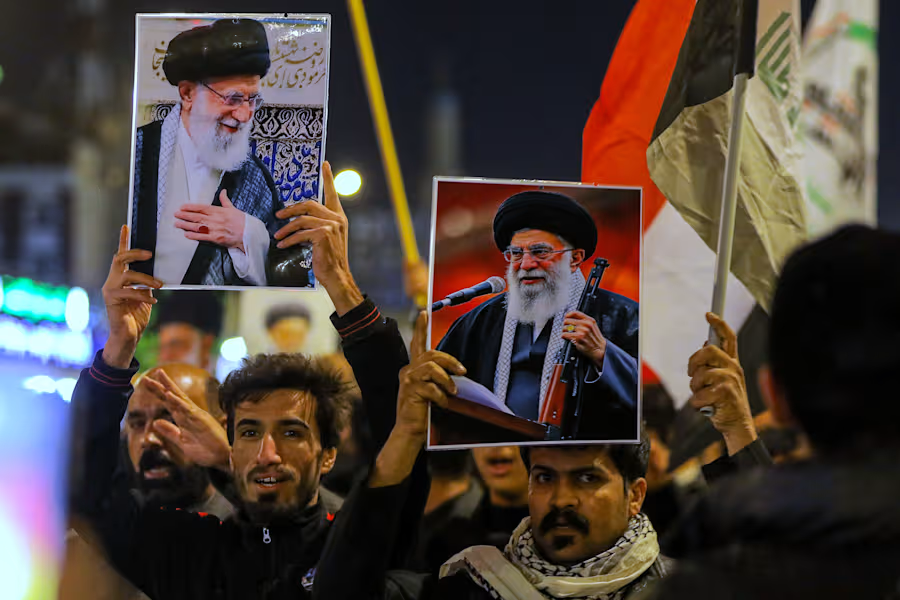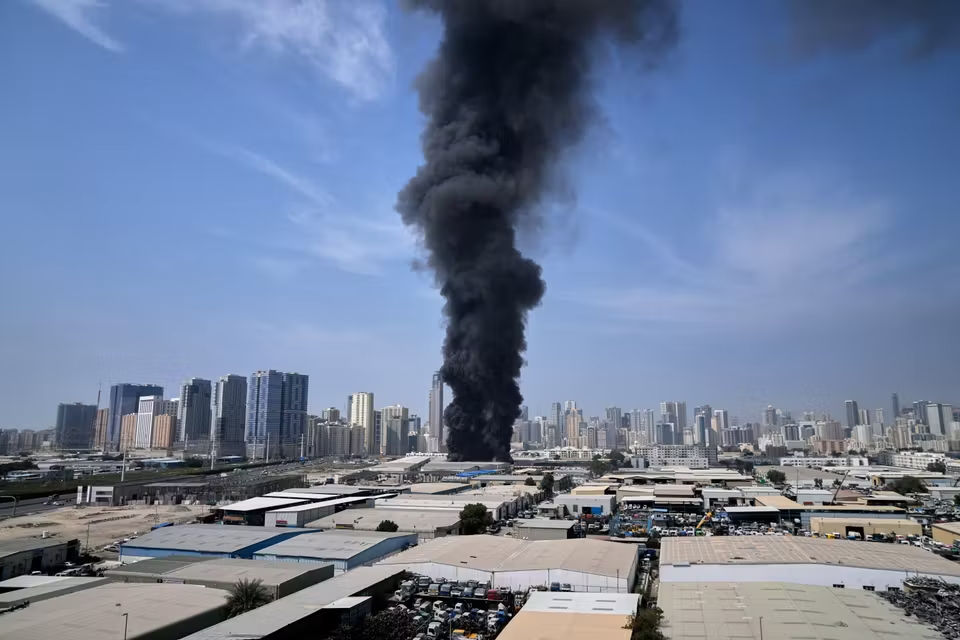Former US National Security Advisor Jake Sullivan has delivered a sharp rebuke of President Donald Trump’s trade policy toward India, warning that sweeping tariffs are damaging America’s global standing and inadvertently driving New Delhi closer to Beijing.
Speaking on The Bulwark Podcast with Tim Miller, Sullivan said Trump’s aggressive trade measures have undermined years of bipartisan work to strengthen ties with India. “The American brand globally is in the toilet. Look at India. Trump has executed a massive trade offensive against them. Now, India is thinking, we have to go sit down with China to hedge against America,” he said.
Sullivan argued that many US allies and partners increasingly view Washington not as a stabilizing force, but as “a big disruptor,” while China continues to gain ground in global influence. He pointed to India as a prime example of how Trump’s tariff strategy could backfire, warning that the fallout could weaken America’s position in Asia for years to come.
For more than a decade, successive US administrations had prioritized building closer relations with India, particularly as part of a long-term strategy to counter China’s growing influence in the Indo-Pacific region. However, Sullivan said those efforts are now at risk. “Here’s a country we were trying to build a deeper and more sustainable relationship with. Instead, because of these tariffs, India now feels compelled to explore closer engagement with China,” he added.
The criticism comes shortly after Washington imposed a 50 percent tariff on Indian exports, effective August 27 — the steepest duty levied on any single country to date. Key sectors including textiles, jewelry, and mechanical appliances are expected to be hit hardest, raising concerns about jobs and economic growth in India.
President Trump defended the decision, describing it as a necessary response to India’s continued purchase of Russian oil amid the ongoing Ukraine conflict. The tariffs include an additional 25 percent hike, which the administration has framed as a signal of displeasure with New Delhi’s energy and trade decisions.
Yet analysts suggest other factors may also be at play. A recent report by investment banking firm Jefferies indicated that Trump’s escalation could be linked to his frustration over being denied a role in mediating the India-Pakistan conflict earlier this year. Longstanding disputes over agriculture trade have further strained the bilateral relationship.
Sullivan cautioned that the damage from these policies could extend far beyond immediate trade disputes. “The tariffs aren’t just about economics. They’re reshaping geopolitics. We are pushing India away when we should be deepening the partnership,” he said.
The debate underscores a broader question about America’s global role. While Trump argues his tariff strategy defends US industries and asserts national strength, critics like Sullivan warn it risks alienating key partners at a time when international cooperation is crucial to counter China’s rise.







